Mary Gaitskill
Mary Gaitskill is the author of the acclaimed story collections Bad Behavior and Because They Wanted To. Her second novel, Veronica, has just been published by Pantheon.
A free daily email with the biggest news stories of the day – and the best features from TheWeek.com
You are now subscribed
Your newsletter sign-up was successful
The Tales of Chekhov by Anton Chekhov (13 volumes; various publishers). Vladimir Nabokov describes him better than I could: “Chekhov’s books are sad books for humorous people; that is, only a reader with a sense of humor can really appreciate their sadness.” Further, it is “this pathetic dimness, all this lovely weakness” that is “worth treasuring in the glare of those strong, self-sufficient worlds…promised by the worshippers of totalitarian states.”
The Week
Escape your echo chamber. Get the facts behind the news, plus analysis from multiple perspectives.

Sign up for The Week's Free Newsletters
From our morning news briefing to a weekly Good News Newsletter, get the best of The Week delivered directly to your inbox.
From our morning news briefing to a weekly Good News Newsletter, get the best of The Week delivered directly to your inbox.
Pastoralia by George Saunders (Riverhead, $14). These stories at first glance are nothing like Chekhov’s, but look closer. In their cacophonous brightness, they, too, have a pathetic dimness, a lovely weakness that absurdly dreams of being powerful, self-sufficient, even totalitarian. Saunders’ characters are rapacious and vengeful, but hilariously and heartbreakingly so.
Lolita by Vladimir Nabokov (Vintage, $14). If Chekhov wrote sad books for humorous people, Lolita is a tragedy for people with a great sense of humor—or a comedy for those with a great sense of tragedy. It is alive with so much feeling, thought, and beauty that you can’t see it in all its dimensions at once, any more than you could see a living forest in its entirety—let alone an enchanted one.
A free daily email with the biggest news stories of the day – and the best features from TheWeek.com
To the Lighthouse by Virginia Woolf (Harvest, $12). Woolf’s 1927 novel is intellectual and terrifically precise about emotions and perceptions that are almost impossible to identify, let alone be precise about. Yet it is also suffused with a vague and iridescent verbal haziness that is gorgeous to see and sense on the page.
Kafka on the Shore by Haruki Murakami (Knopf, $26). One of the deepest, strangest books I have ever read, Kafka is distinguished by a rich and fantastical plot that stands in striking and beautiful contrast to the clarity and humility of Murakami’s prose. There is very little in the way of poetry or metaphor in the language, and that very lack stresses the poetry of the story.
Housekeeping
-
 ‘Those rights don’t exist to protect criminals’
‘Those rights don’t exist to protect criminals’Instant Opinion Opinion, comment and editorials of the day
-
 Key Bangladesh election returns old guard to power
Key Bangladesh election returns old guard to powerSpeed Read The Bangladesh Nationalist Party claimed a decisive victory
-
 Judge blocks Hegseth from punishing Kelly over video
Judge blocks Hegseth from punishing Kelly over videoSpeed Read Defense Secretary Pete Hegseth pushed for the senator to be demoted over a video in which he reminds military officials they should refuse illegal orders
-
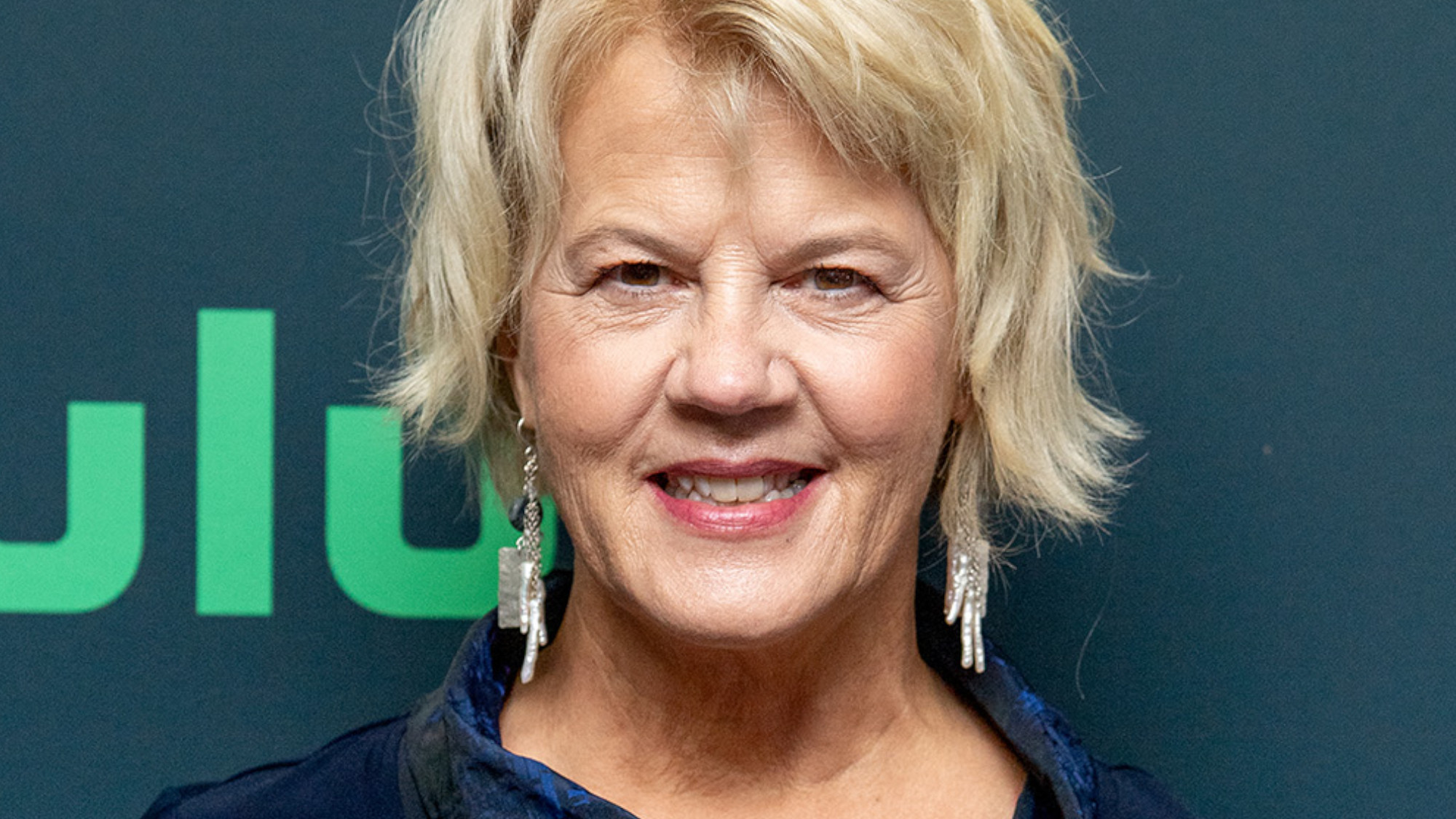 Beth Macy’s 6 favorite books about living in a divided nation
Beth Macy’s 6 favorite books about living in a divided nationFeature The journalist recommends works by Nicholas Buccola, Matthew Desmond, and more
-
 Gilbert King’s 6 favorite books about the search for justice
Gilbert King’s 6 favorite books about the search for justiceFeature The journalist recommends works by Bryan Stevenson, David Grann, and more
-
 Nathan Harris’ 6 favorite books that turn adventures into revelations
Nathan Harris’ 6 favorite books that turn adventures into revelationsFeature The author recommends works by Kazuo Ishiguro, Ian McGuire, and more
-
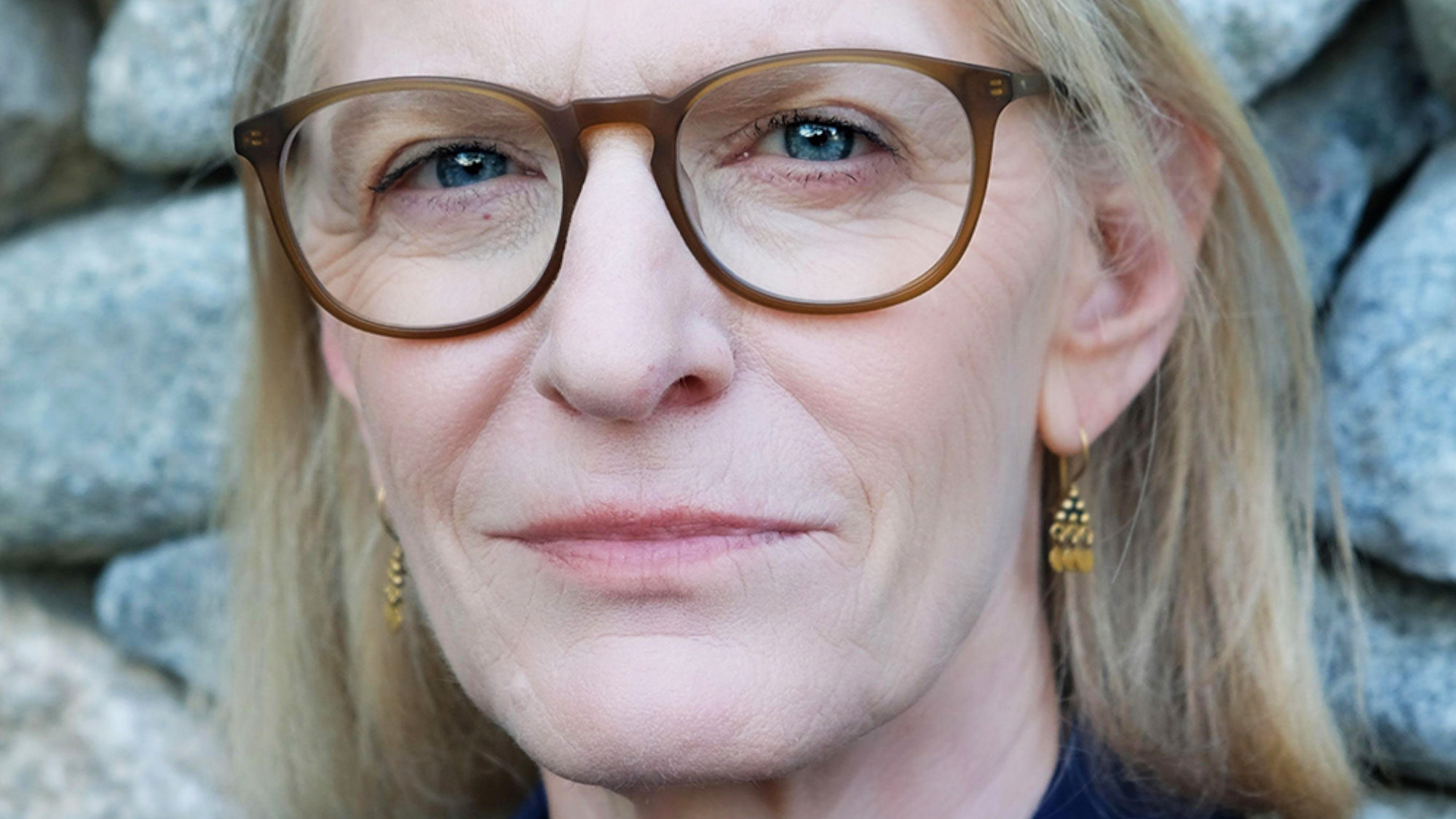 Marisa Silver’s 6 favorite books that capture a lifetime
Marisa Silver’s 6 favorite books that capture a lifetimeFeature The author recommends works by John Williams, Ian McEwan, and more
-
 Lou Berney’s 6 favorite books with powerful storytelling
Lou Berney’s 6 favorite books with powerful storytellingFeature The award-winning author recommends works by Dorothy B. Hughes, James McBride, and more
-
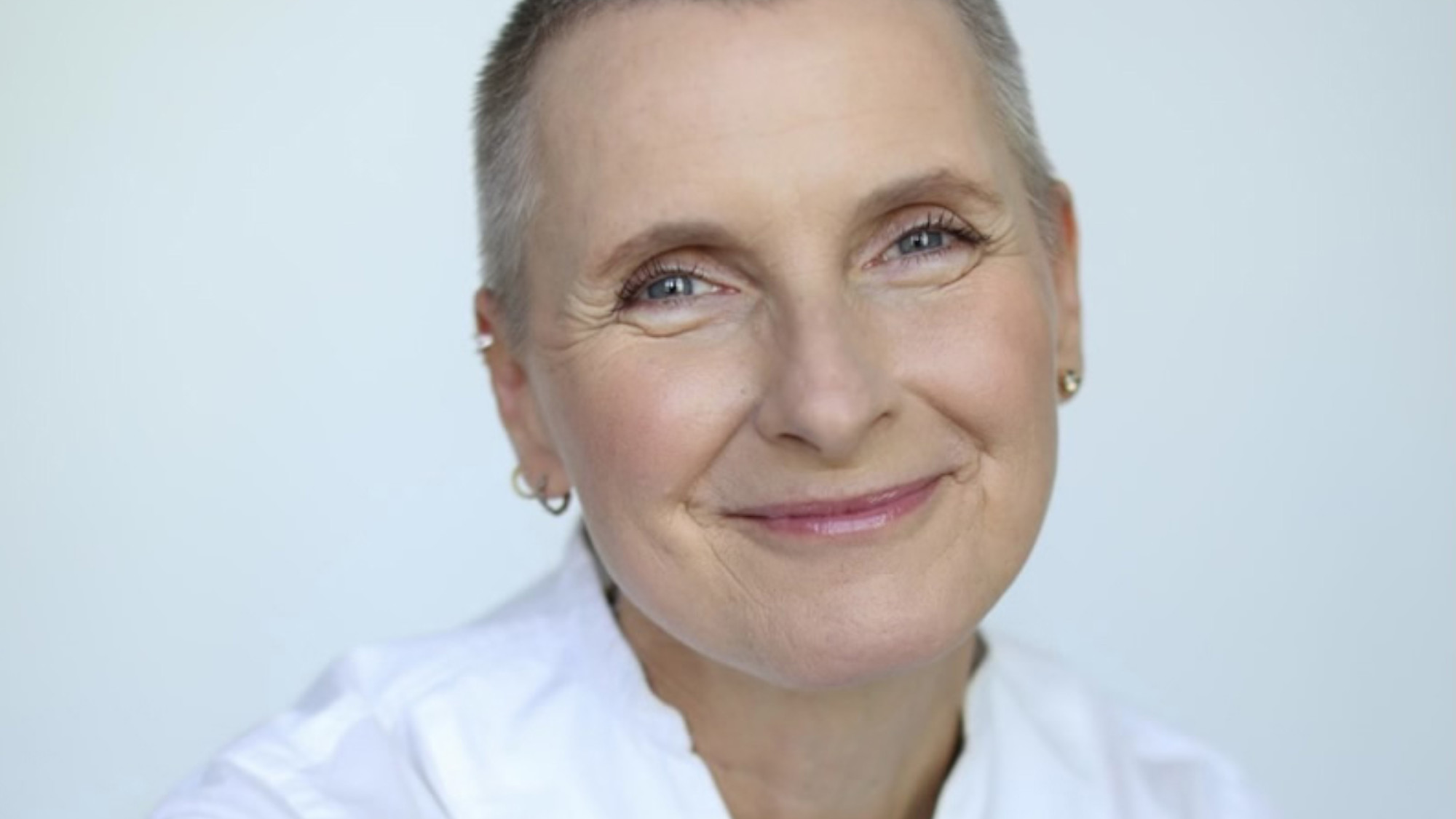 Elizabeth Gilbert’s favorite books about women overcoming difficulties
Elizabeth Gilbert’s favorite books about women overcoming difficultiesFeature The author recommends works by Tove Jansson, Lauren Groff, and more
-
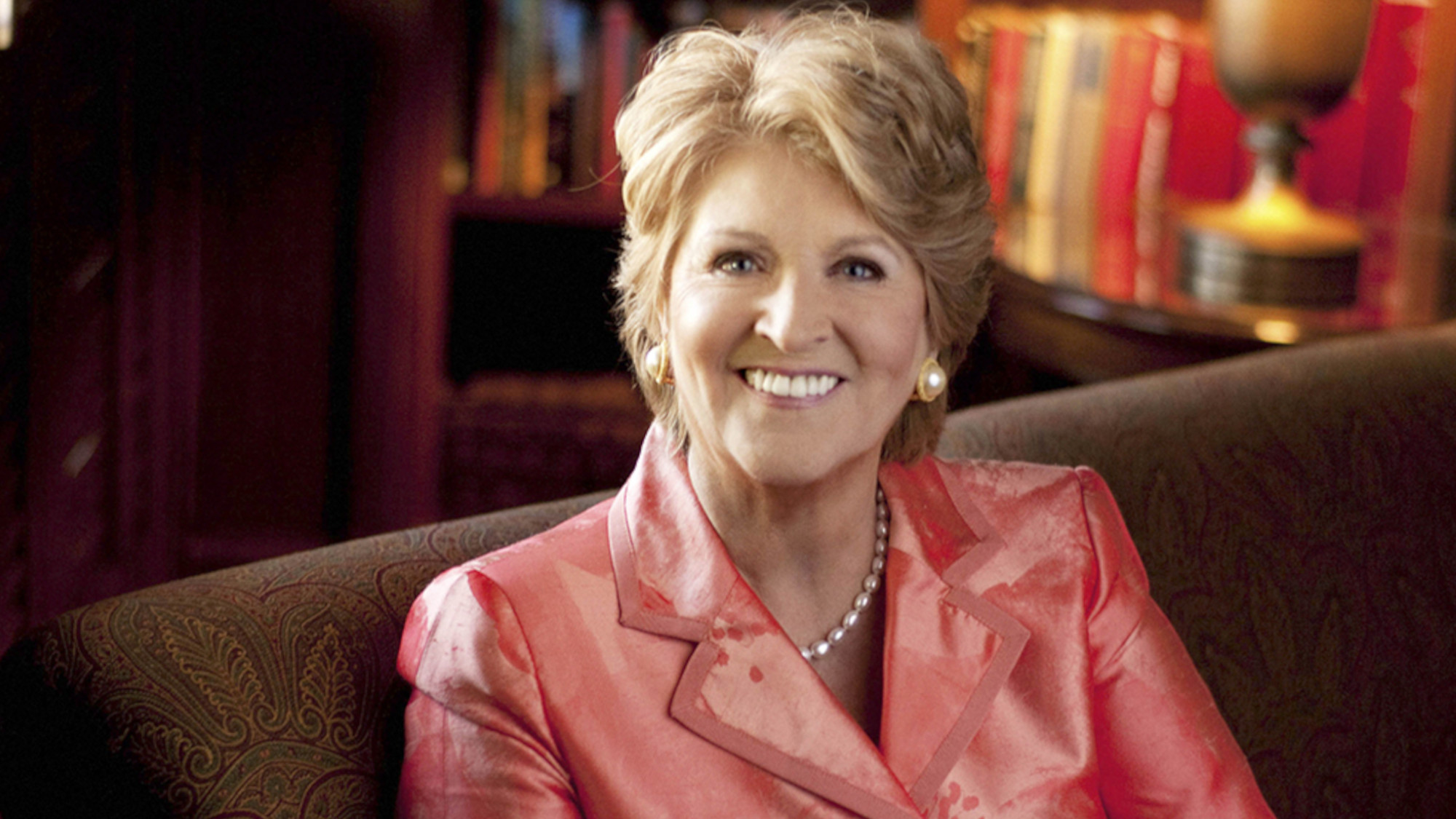 Fannie Flagg’s 6 favorite books that sparked her imagination
Fannie Flagg’s 6 favorite books that sparked her imaginationFeature The author recommends works by Johanna Spyri, John Steinbeck, and more
-
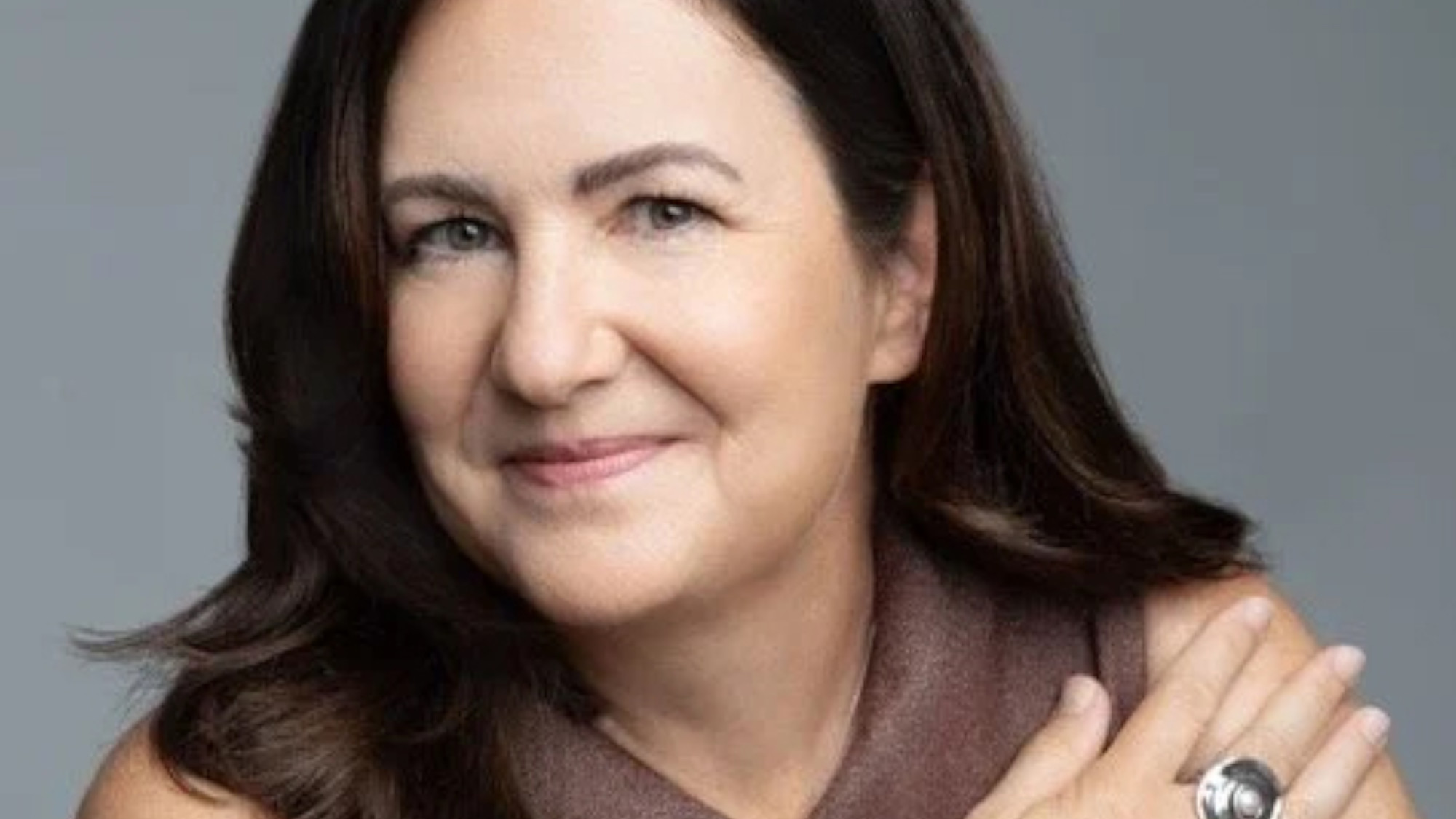 Jessica Francis Kane's 6 favorite books that prove less is more
Jessica Francis Kane's 6 favorite books that prove less is moreFeature The author recommends works by Penelope Fitzgerald, Marie-Helene Bertino, and more